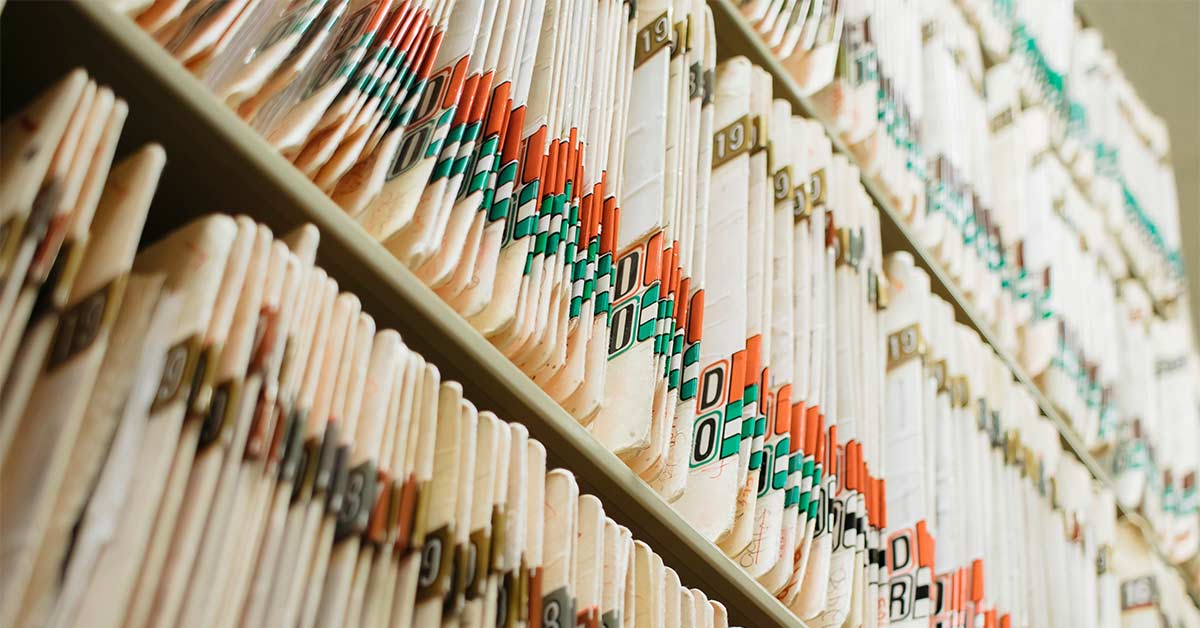Tax season can feel like an overwhelming time for many, with the daunting task of gathering a year’s worth of documents and making sense of it all. However, adopting a methodical approach to organizing your tax documents can transform this annual chore into a manageable, and even satisfying, task. Below are ten invaluable tips to help you stay organized for tax season, not only making this year’s process smoother but setting a precedent for future years.
- Master the Accordion Folder
An accordion folder can be your best ally in keeping tax documents in order. As you accumulate different forms and receipts, designate each section of the folder for a specific year or type of document (such as receipts, T4s, returns). This system makes it easy to find exactly what you need when you need it, especially when it’s time to refer back to previous years’ filings.
- Track Charitable Contributions with a Spreadsheet
Charitable donations can offer tax advantages, but you’ll need documentation. Maintain a spreadsheet throughout the year with dates, amounts, and recipient charities. This simple step saves you from a last-minute scramble to recall your generosity’s specifics.
- Label Your Receipts
Whenever you receive a receipt that will be relevant for tax purposes, immediately note the purpose or category of the expense on it. This habit will pay dividends when it’s time to file your taxes, simplifying the process of determining which expenses apply to which deductions or credits.
- Organize Your Receipts
Gather receipts from the various nooks and crannies where they accumulate and sort them into a dedicated space, such as another accordion folder or a manila folder. Organize them first by category (like auto or office expenses) and then chronologically within those categories.
- Digitize Receipts
Receipts can fade or get lost. By scanning and saving your receipts electronically, you’ll ensure that you have all necessary documentation at your fingertips, without having to worry about physical copies deteriorating or disappearing.
- Secure Your Tax Documents
Designate a secure location, such as a locked filing cabinet, for storing your tax-related documents. This step is crucial not just for organization, but for protecting sensitive information.
- Purge Unnecessary Documents
Declutter your files by shredding documents that are no longer needed, including old tax returns after the period for potential audits has passed, as well as outdated bank statements and other sensitive information. You can consider renting a storage unit to store documents that you may not need in the short-term.
- Declutter Your Workspace
A tidy desk can facilitate a focused and efficient tax preparation process. By keeping your workspace organized, you’ll be able to concentrate on the task at hand without unnecessary distractions.
- Schedule Tax Prep Time
Carve out specific time blocks in your calendar dedicated to organizing and preparing your taxes. Setting aside designated times can help ensure you’re not rushing through the process last minute, reducing stress and increasing efficiency.
- Start Early
Procrastination is the enemy of organization. Begin the process of organizing your tax documents well in advance of tax season. A little effort spread over time is far less overwhelming than a last-minute marathon session.
By incorporating these strategies into your annual tax preparation routine, you can transform a potentially stressful experience into a streamlined, stress-free process. Not only will you save time and avoid frustration, but you’ll also be in a better position to maximize your returns and minimize your liabilities.

